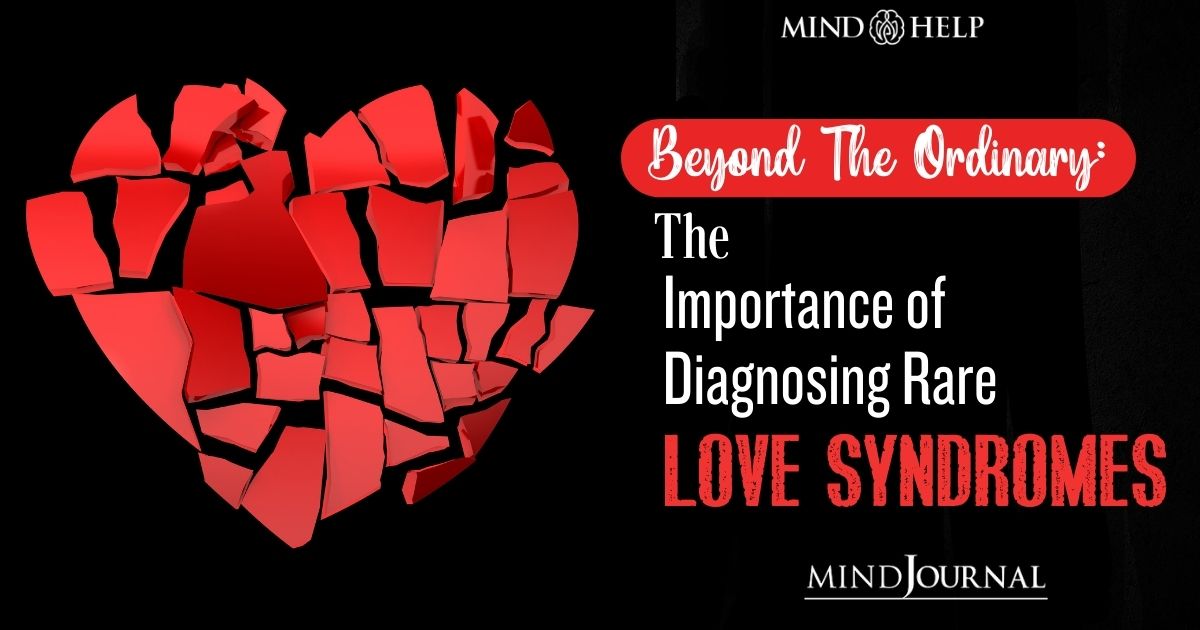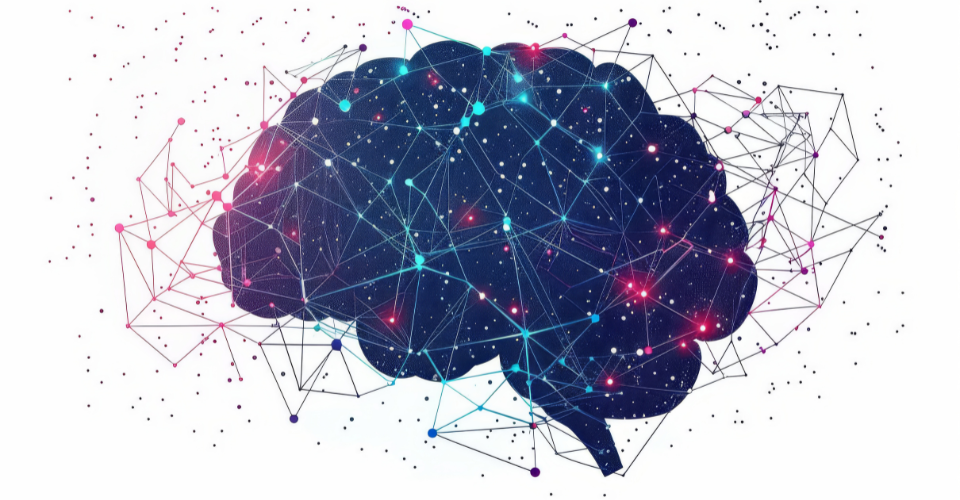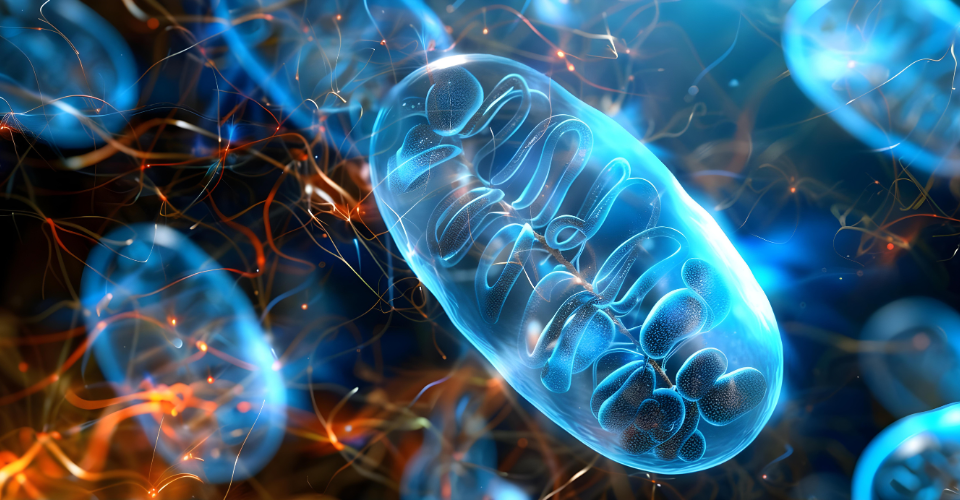Love is a powerful and complex emotion that can take many forms, often defying rational explanation. While love is typically associated with positive emotions and healthy relationships, there are instances where love can lead to unusual and potentially harmful syndromes. This essay explores nine rare love syndromes, delving into their characteristics, causes, and the critical importance of seeking treatment when they arise.
1. Limerence Syndrome
Limerence syndrome is characterized by an intense infatuation and preoccupation with a romantic interest. Individuals with Limerence syndrome may experience obsessive thoughts and idealize the person they are infatuated with.
While Limerence syndrome can feel exhilarating, it can also lead to emotional turmoil, especially when the affection is unrequited. Treatment for Limerence often involves cognitive-behavioral therapy (CBT) to help individuals gain perspective on their feelings and develop healthier coping mechanisms.
2. Stockholm Syndrome
Stockholm syndrome is a perplexing condition where hostages or victims develop emotional bonds with their captors. This bond may lead to feelings of empathy, loyalty, and even a sense of protectiveness toward their captors.
Treating Stockholm syndrome typically involves a combination of therapy and support to help victims understand and address the underlying trauma. It is essential to recognize and treat Stockholm syndrome promptly to prevent further emotional harm to the victim.
3. Stendhal Syndrome
Stendhal syndrome is a rare condition where individuals experience physical and emotional symptoms, such as dizziness, rapid heart rate, and hallucinations when exposed to great works of art or beauty. While this syndrome is not inherently harmful, it can lead to distressing experiences and discomfort. Managing Stendhal syndrome may require psychoeducation and relaxation techniques to help individuals cope with overwhelming emotions in artistic settings.
4. Florence Nightingale Syndrome
The Florence Nightingale syndrome occurs when caregivers develop romantic feelings for their patients, blurring professional boundaries. This syndrome can lead to ethical and legal complications in healthcare settings. To address this syndrome, healthcare professionals should receive education and training on maintaining professional boundaries and recognizing the signs of boundary crossing.
5. Paris Syndrome
Paris syndrome primarily affects Japanese tourists visiting Paris, leading to severe culture shock and disillusionment when their romanticized image of the city does not match reality. This syndrome underscores the importance of managing expectations and providing cultural orientation for tourists. Psychotherapy may also be helpful for those who experience severe distress while abroad.
6. Hybristophilia
Hybristophilia is a fascination with and attraction to individuals who have committed serious crimes, often leading to romantic involvement or marriage with criminals. Treatment for hybristophilia may involve therapy to address the underlying reasons for attraction to dangerous individuals, such as a history of trauma or low self-esteem.
7. Gamer’s Love Syndrome
Gamer’s Love Syndrome occurs when individuals become infatuated with fictional video game characters, often developing romantic feelings toward them. While not inherently harmful, this syndrome may lead to social isolation and difficulties in forming real-world relationships. Treatment may involve cognitive-behavioral therapy to address the underlying emotional needs and improve social skills.
8. Broken Heart Syndrome (Takotsubo Cardiomyopathy)
Broken Heart Syndrome, also known as Takotsubo Cardiomyopathy, is a physical and emotional condition triggered by extreme stress, often stemming from the loss of a loved one. It mimics the symptoms of a heart attack and can have severe health consequences if left untreated. Treatment involves medical intervention to address the physical symptoms and psychological support to help individuals cope with grief and loss.
9. Self-Love Syndrome
Self-love syndrome occurs when individuals become overly narcissistic and exhibit an inflated sense of self-worth, often at the expense of healthy relationships with others. This syndrome can lead to social isolation and strained relationships.
Treatment typically involves psychotherapy, such as narcissistic personality disorder-focused therapy, to address underlying self-esteem and ego issues.
The Importance Of Treating Rare Love Syndromes
In the aforementioned rare love syndromes, the importance of treatment and healing cannot be overstated. Without proper intervention, these rare love syndromes can lead to emotional turmoil, strained relationships, and even physical health problems.
Moreover, untreated rare love syndromes may perpetuate a cycle of dysfunctional patterns, making it increasingly challenging to form and maintain healthy relationships in the future.
Additionally, addressing these rare love syndromes promotes self-awareness and emotional growth. It empowers individuals to understand the underlying factors contributing to their unusual love manifestations and provides them with the tools to navigate their emotions effectively.
Healing from rare love syndromes often involves developing healthier coping mechanisms, enhancing emotional resilience, and fostering a more profound sense of self-awareness.




























